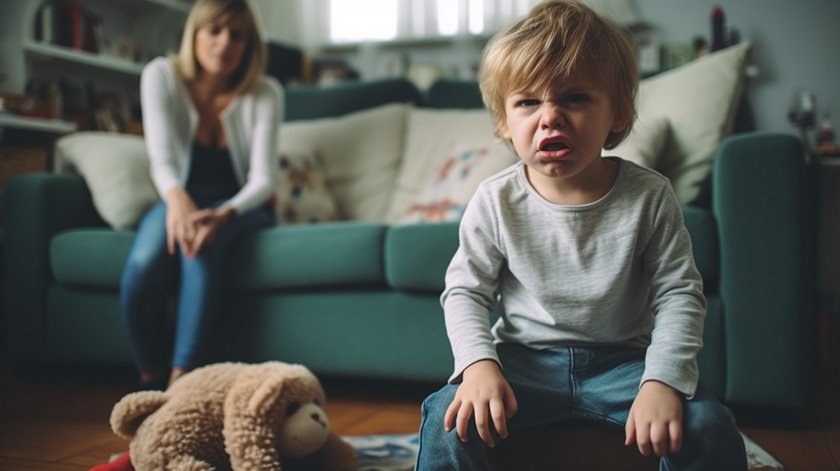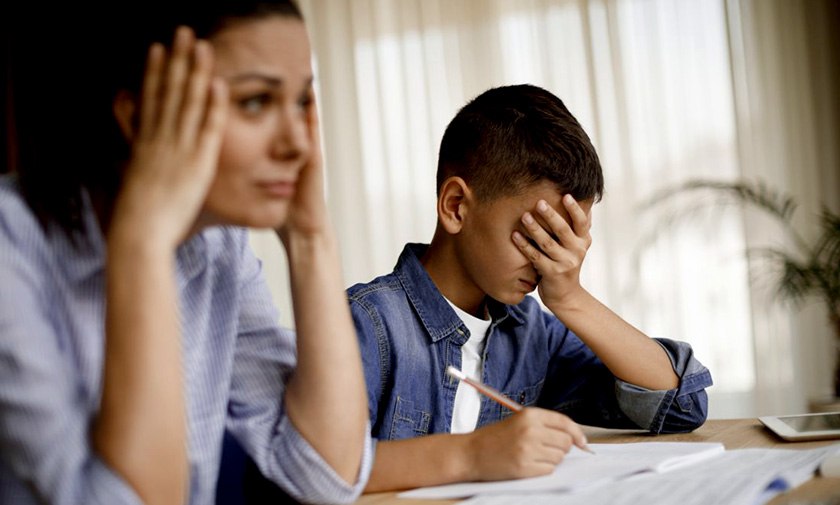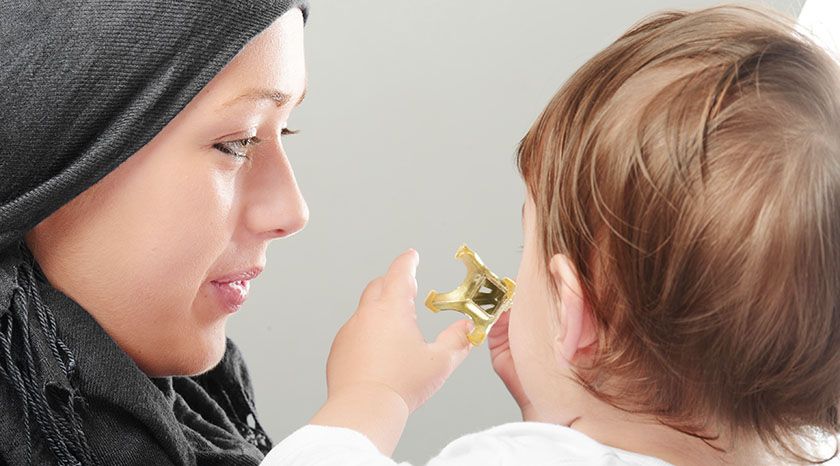Parent-child relationships are complex and dynamic, and conflicts and scandals can arise due to various factors.
Understanding the underlying causes of problems can help foster healthier relationships and prevent unnecessary turmoil.
In this article, we explore ten common reasons that contribute to conflicts and scandals between parents and children, offering insights and strategies for navigating these challenges.
Top 10 Reasons for Conflicts Between Parents and Children
Parent-child relationships can face various challenges, but understanding the underlying factors that contribute to conflicts and scandals is the first step towards resolution.
Effective communication, respect for individual autonomy, realistic expectations, and willingness to address differences are key to nurturing healthier relationships.
By fostering open dialogue, empathy, and understanding, parents and children can work together to navigate the complexities of their relationship and build stronger bonds that withstand the tests of time.
Now, let’s see what are the most frequent reasons for conflicts between parents and children.
1st Reason: Communication Breakdown
Lack of effective communication can lead to misunderstandings, resentment, and escalating conflicts.
Poor listening skills, misinterpretation of intentions, and differing communication styles can all contribute to a breakdown in parent-child communication.
2nd Reason: Generation Gap
Differences in values, beliefs, and expectations between parents and children due to the generation gap can create tension.
Varying perspectives on issues such as technology, relationships, and societal norms can lead to clashes and misunderstandings.
3rd Reason: Autonomy and Independence
As children grow older, they naturally seek more independence and autonomy.
Parents may struggle with letting go, while children may feel suffocated or controlled.
Balancing freedom and parental guidance can be a source of conflict.
4th Reason: Difference in Goals and Aspirations
Parents and children may have divergent ideas about the future. Conflicting career aspirations, academic pursuits, or life choices can lead to disagreements and strained relationships.
Navigating these differences requires open-mindedness and mutual respect.
5th Reason: Parental Expectations
Unrealistic or excessive parental expectations can place undue pressure on children, causing stress, anxiety, and feelings of inadequacy.
Parents should consider their children’s individual strengths, interests, and goals, allowing them to develop their own identities.
6th Reason: Rebellion and Testing Boundaries
During adolescence, teenagers often engage in rebellious behavior as a way to assert their independence and test boundaries.
This can lead to conflicts and scandals as parents strive to maintain authority while allowing their children to explore their identities.
7th Reason: Cultural and Religious Differences
Differences in cultural or religious beliefs within a family can contribute to conflicts.
Clashing values, traditions, or practices may require open dialogue, respect, and compromise to bridge the gaps.
8th Reason: Financial Issues
Financial matters, such as unequal distribution of resources, economic struggles, or disagreements about spending habits, can strain parent-child relationships.
Clear communication, transparency, and finding common ground are essential to navigate these challenges.
9th Reason: Lack of Trust and Resentment
Past betrayals, broken promises, or unresolved conflicts can erode trust and lead to lingering resentment.
Rebuilding trust requires open communication, acknowledging past mistakes, and working towards forgiveness and understanding.
10th Reason: Mental Health and Addiction
Mental health issues or substance abuse problems within the family can significantly impact parent-child relationships.
Seeking professional help, providing support, and fostering a non-judgmental environment are crucial when dealing with these sensitive matters.
Solving Problems in Parent-Child Relationships
Solving problems in parent-child relationships requires patience, empathy, and a willingness to work together. Here are some strategies to address and resolve conflicts:
Open and Honest Communication
Create a safe and non-judgmental space for open dialogue. Encourage each other to express thoughts, concerns, and emotions honestly.
Seek Understanding
Make an effort to understand each other’s needs, values, and motivations. Recognize that different generations may have different perspectives and experiences.
Set Realistic Expectations
Examine and adjust expectations for both parents and children. Understand that nobody is perfect, and it’s essential to recognize and appreciate each other’s strengths and limitations.
Find Common Ground
Identify shared interests or goals and build upon them. Collaborate on activities or projects that allow for positive interactions and shared experiences.
Respect Boundaries
Respect each other’s boundaries and personal space. Recognize the need for autonomy and independence, while also establishing clear boundaries for mutual respect and safety.
Seek Compromise and Flexibility
When conflicts arise, strive for compromise rather than imposing one person’s viewpoint. Look for solutions that meet both parties’ needs and find middle ground.
Apologize and Forgive
Recognize the importance of apologies and forgiveness in healing relationships. Be willing to apologize when you make a mistake and genuinely seek forgiveness.
Professional Support
If conflicts persist or become too challenging to handle alone, consider seeking the help of a professional counselor or therapist.
Focus on Positive Interactions
Intentionally create opportunities for positive interactions and shared enjoyable activities. Celebrate achievements, express appreciation, and find joy in spending quality time together.
Patience and Persistence
Resolving problems takes time and effort. Be patient and persistent in your commitment to improving the relationship. Remember that every parent-child relationship is unique, and there is no one-size-fits-all solution.






